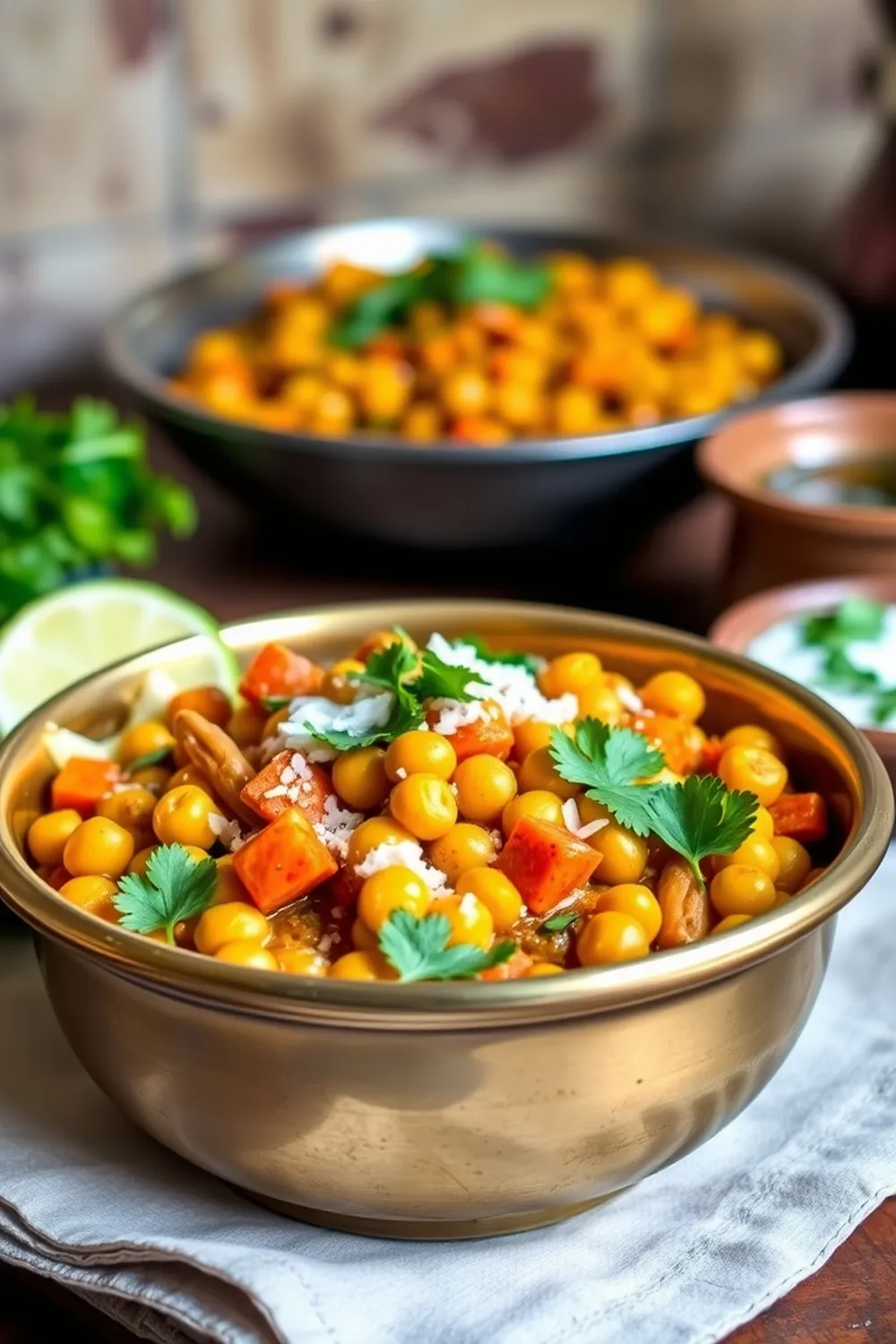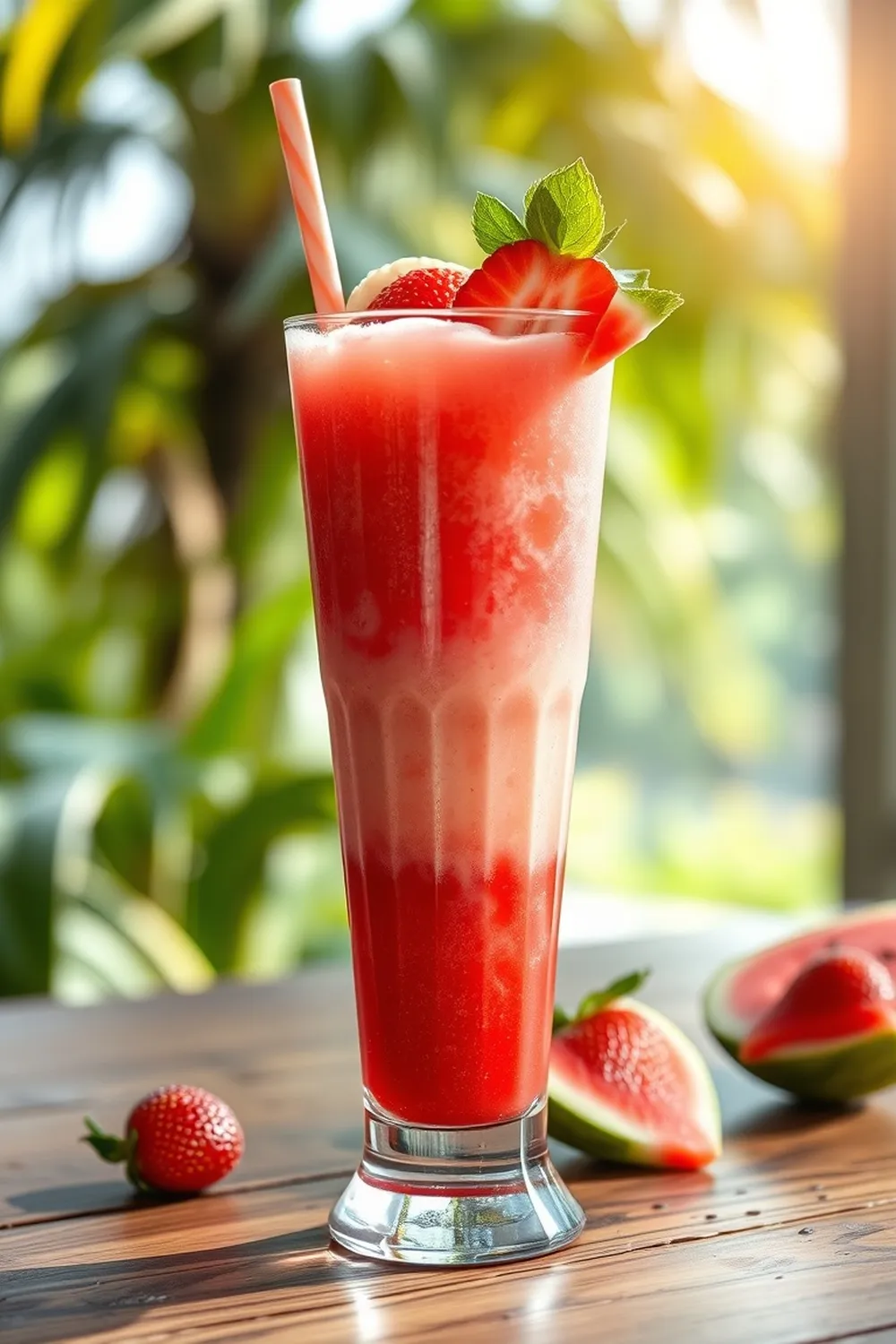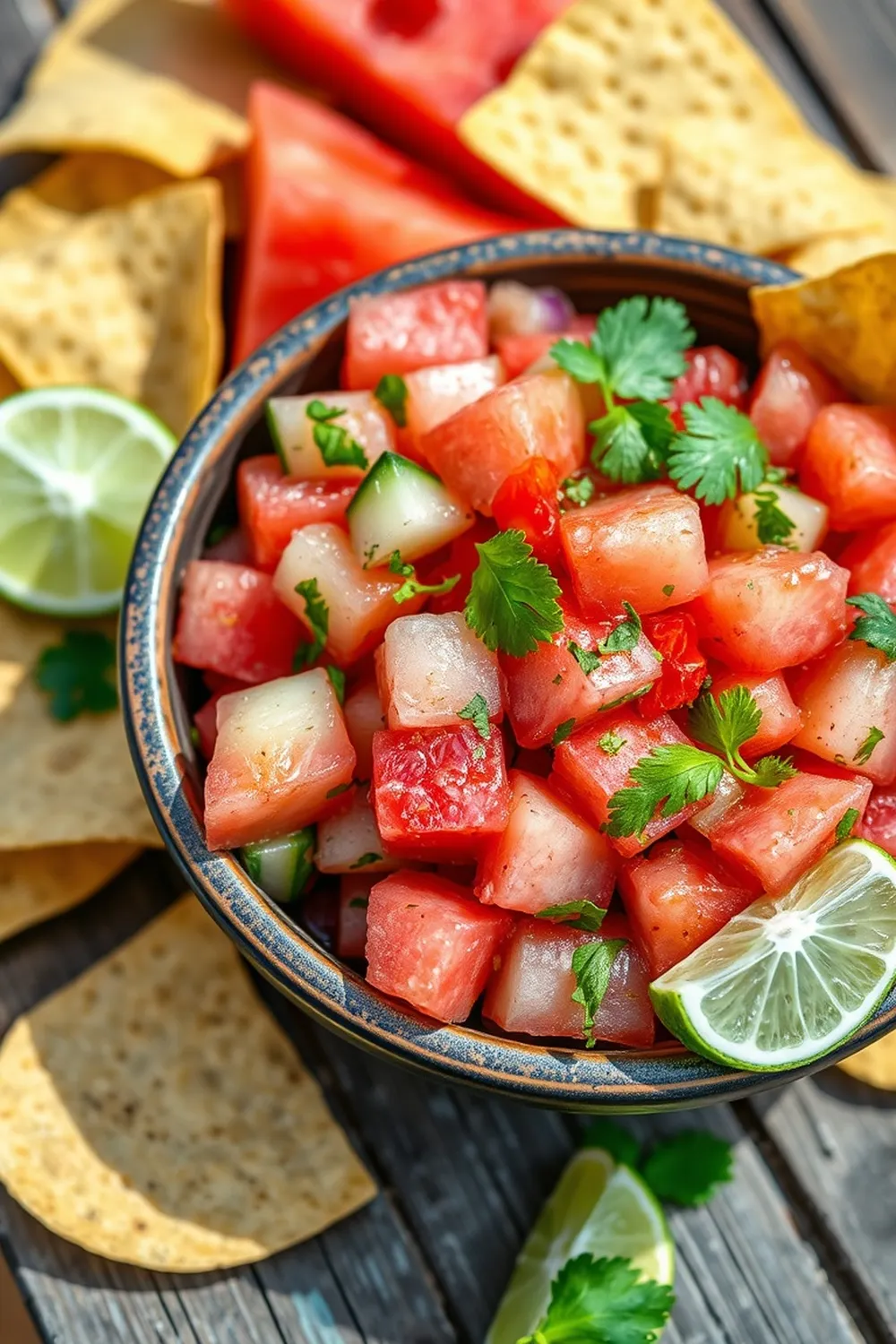- Soak black chickpeas overnight or for 6-8 hours.
- Chop brinjals (eggplant) into halves lengthwise, then each half into 3-4 pieces. Soak in water to prevent discoloration.
- Pressure cook toor dal (tur dal) and soaked black chickpeas with water and salt until soft.
- Grind coconut, cumin seeds, and rice into a smooth paste with water.
- In a pan, add chopped brinjals, sambar powder, turmeric powder, salt, and 1 cup water. Cook covered until brinjals soften.
- Add the coconut paste, cooked dal, chickpeas, and 1-2 cups water. Simmer until the kootu thickens slightly.
- Heat oil in a small pan. Add mustard seeds, urad dal, hing (asafoetida), dried red chili, and curry leaves. Temper until fragrant and pour over the kootu.
- Serve hot with rice or as a side dish.
- Calories:150 kcal25%
- Energy:627 kJ22%
- Protein:6 g28%
- Carbohydrates:25 mg40%
- Sugar:4 mg8%
- Salt:300 g25%
- Fat:5 g20%
Last Updated on 3 months by Neha Deshmukh
Brinjal & Chickpea Kootu Recipe – Authentic South Indian Dal Recipe
Introduction
There’s just something so comforting about a warm bowl of kootu, isn’t there? It’s one of those dishes that instantly reminds me of my grandmother’s kitchen – the fragrant spices, the soft textures, and the feeling of being utterly nourished. This Brinjal & Chickpea Kootu is a family favorite, and I’m so excited to share it with you. It’s a wonderfully balanced dish, packed with flavor and goodness, and surprisingly easy to make!
Why You’ll Love This Recipe
This kootu is more than just a delicious meal; it’s a little slice of South Indian culinary tradition. It’s healthy, hearty, and incredibly satisfying. Plus, it’s a fantastic way to get your veggies in! You’ll love how the creamy coconut milk complements the earthy chickpeas and tender brinjals. It’s perfect for a weeknight dinner or a festive occasion.
Ingredients
Here’s what you’ll need to create this flavorful kootu:
- 300 grams brinjals (eggplant)
- 1/3 cup tur dal (split pigeon peas)
- 1/4 cup black chickpeas (kala chana)
- 2 tsp sambar powder
- 1/4 tsp turmeric powder
- Salt to taste
- 1/4 cup coconut, grated
- 1 tsp rice flour
- 1 tsp cumin seeds
- 1 tsp oil
- 1 tsp mustard seeds
- 1 tsp urad dal (split black lentils)
- 1 pinch hing (asafoetida)
- 1 red chili, dried
- 1 sprig curry leaves
Ingredient Notes
Let’s talk ingredients! Using good quality ingredients really makes a difference.
- Black Chickpeas (Kala Chana): These add a lovely nutty flavor and a wonderful texture to the kootu. Don’t skip them if you can help it – they’re a key part of what makes this recipe special!
- Sambar Powder: Sambar powder is the heart of South Indian cooking. You can find different variations – some are spicier, some are more fragrant. Feel free to use your favorite brand, or even make your own!
- Coconut: Freshly grated coconut is best, but unsweetened desiccated coconut works well too. The coconut adds a beautiful creaminess and authentic South Indian flavor.
Step-By-Step Instructions
Alright, let’s get cooking!
- First things first, soak the black chickpeas overnight, or for at least 6-7 hours. This helps them cook evenly and become beautifully tender.
- While the chickpeas are soaking, chop the brinjals lengthwise into halves, and then cut each half into three pieces. Pop them into a bowl of water to prevent them from turning brown.
- Now, let’s cook the dal and chickpeas. In a pressure cooker, combine the tur dal, soaked black chickpeas, about 2 cups of water, and a pinch of salt. Pressure cook until everything is soft and mushy – usually about 3-4 whistles.
- While that’s cooking, let’s make the coconut paste. In a blender, combine the grated coconut, cumin seeds, and rice flour with a little water. Grind it all up into a smooth, creamy paste.
- Time for the brinjals! In a pan, add the chopped brinjals, sambar powder, turmeric powder, salt, and 1 cup of water. Cover the pan and cook until the brinjals are nice and soft.
- Once the dal and chickpeas are cooked, and the brinjals are tender, it’s time to bring it all together. Add the coconut paste, the cooked dal and chickpeas, and about ½ cup of water to the pan with the brinjals. Simmer everything gently until the kootu thickens to your liking.
- Almost there! Let’s make the tempering. Heat the oil in a small pan. Add the mustard seeds, urad dal, hing, red chili, and curry leaves. Let them sizzle and pop until fragrant – this is where all the magic happens! Pour this lovely tempering over the kootu.
- Serve hot with rice or as a side dish. Enjoy!
Expert Tips
- Don’t overcook the brinjals – you want them to be tender, but still hold their shape.
- Adjust the amount of water to achieve your desired consistency.
- A good tempering is key to a flavorful kootu. Don’t rush this step!
Variations
- My friend Priya loves adding a handful of spinach to her kootu for an extra boost of nutrients.
- For a richer flavor, you can add a tablespoon of ghee (clarified butter) to the tempering.
- My family sometimes adds a small piece of jaggery (unrefined cane sugar) to balance the flavors.
Vegan Adaptation
This recipe is naturally vegan! Just ensure your sambar powder doesn’t contain any animal-derived ingredients.
Gluten-Free Adaptation
This recipe is also naturally gluten-free.
Spice Level Adjustment (Mild to Medium-Spicy)
Adjust the amount of sambar powder and the number of red chilies in the tempering to control the spice level. For a milder kootu, use less sambar powder and omit the red chili.
Festival Adaptations (Onam, Pongal)
Kootu is a staple dish during Onam and Pongal festivals in South India. It’s often served as part of the elaborate sadya (feast).
Serving Suggestions
This Brinjal & Chickpea Kootu is delicious served with:
- Steaming hot rice
- Roti or chapati
- A side of papadums
- A dollop of yogurt (optional)
Storage Instructions
Leftover kootu can be stored in an airtight container in the refrigerator for up to 3 days. Reheat gently on the stovetop or in the microwave.
FAQs
What is Kootu and how is it different from Sambar?
Kootu is a thick, vegetable-based dish made with lentils and coconut, while sambar is a thinner, more soup-like dish with a tamarind base. Kootu is generally less tangy than sambar.
Can I use a different type of dal instead of Tur Dal?
Yes, you can! Moong dal (split yellow lentils) is a good substitute.
How can I adjust the consistency of the Kootu?
If the kootu is too thick, add a little more water. If it’s too thin, simmer it for a few more minutes to allow it to thicken.
What is the purpose of soaking the brinjals in water?
Soaking the brinjals in water prevents them from oxidizing and turning brown.
Can I make this Kootu in an Instant Pot?
Absolutely! You can pressure cook the dal and chickpeas in the Instant Pot. Follow the manufacturer’s instructions for cooking lentils and chickpeas.










